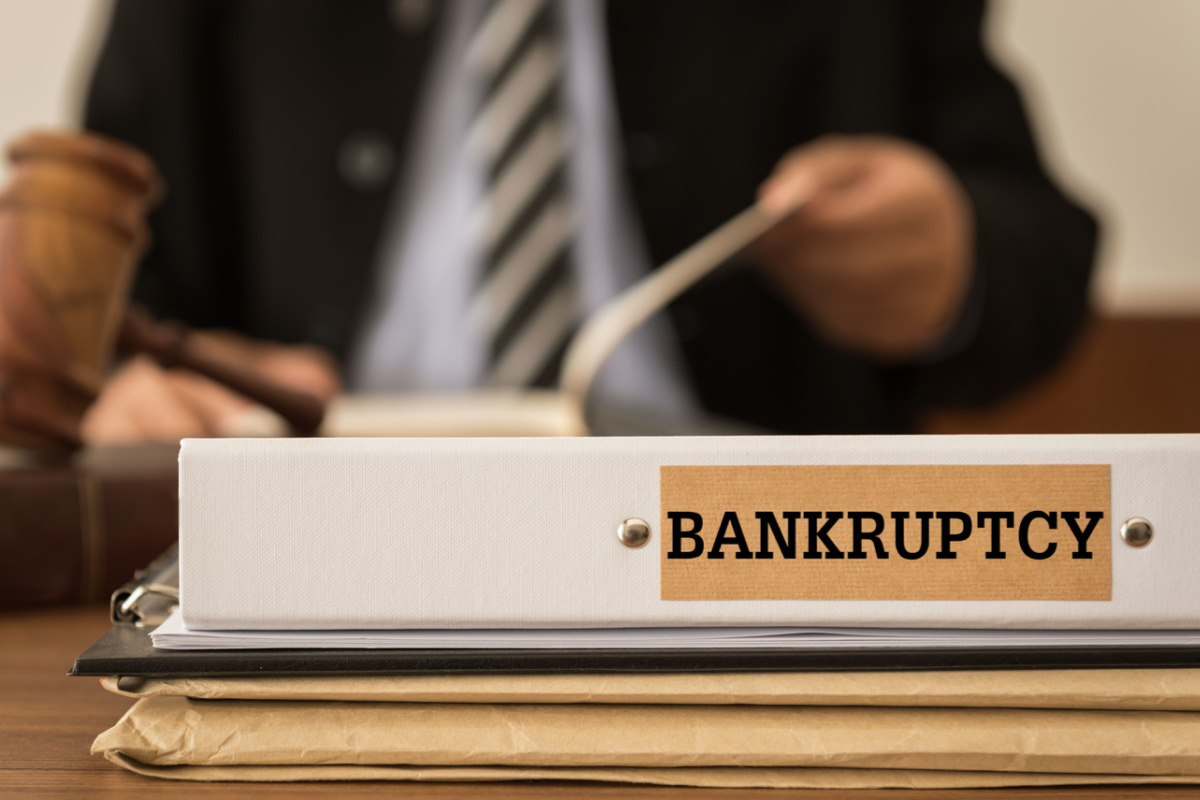





Attorney at Debt Advisors Law Offices
Practice Areas: Chapter 7 Bankruptcy, Chapter 13 Bankruptcy, Stop Foreclosure

Bankruptcy often feels like a last resort, but for many people it is the step that makes a fresh financial start possible. The process can clear overwhelming debt, but it also leaves behind concerns about credit, housing, and long-term stability.
A healthy credit score plays a role in everyday life affecting the ability to rent, borrow, or even secure affordable insurance. After filing, many wonder how to begin restoring that trust with lenders. The good news is that recovery is not only possible but expected with consistent habits and the right strategies.
Whether you worked with a Milwaukee bankruptcy attorney to file under Chapter 7 or Chapter 13, the next stage is about rebuilding. This article will guide you through practical steps, from financial planning to responsible credit use, so you can steadily improve your score and move toward financial confidence.
Bankruptcy is one of the most serious events that can appear on a credit report. The duration depends on the type of filing:
“A Chapter 7 bankruptcy remains on your credit report for up to 10 years, while Chapter 13 remains for 7 years.” – Fair Credit Reporting Act (FCRA).
The size of the score drop depends on your credit before filing. A person with excellent credit may see a larger decline than someone with already low credit. Bankruptcy makes lenders more cautious, which can mean higher interest rates and stricter approval standards for loans or rental housing.
“Payment history accounts for 35% of your FICO score—on-time payments are the single most important factor in credit recovery.” – FICO.
The first step after bankruptcy is to design a financial plan that reduces risk of falling back into debt. A clear budget is the foundation. Track income and expenses carefully to ensure bills are paid on time and spending stays under control. This prevents the cycle of late fees and interest charges.
An emergency fund is another essential tool. Even small savings set aside each month can protect you from unexpected expenses like car repairs or medical bills. Without this cushion, many turn back to credit cards or payday loans, which harm recovery efforts.
Education also plays a role. Free courses, nonprofit credit counseling, and federal resources from the Consumer Financial Protection Bureau can help improve financial knowledge. Learning about interest rates, credit reporting, and budgeting builds confidence in handling money.
Rebuilding your credit after bankruptcy requires the right mix of strategies. Below are some of the most effective tools you can use to gradually restore your financial profile.
Secured credit cards are often the best starting point. These require a cash deposit, which becomes your credit limit. By charging small amounts and paying the balance in full each month, you show lenders you can manage credit responsibly.
Although fees and interest rates can be higher, the value lies in rebuilding your payment history. Most issuers report to all three credit bureaus, which helps raise your score when managed wisely.
Installment loans such as credit-builder loans, auto loans, or personal loans allow borrowers to prove they can make steady payments over time. These should only be taken if the payments fit comfortably into your budget.
When used carefully, installment loans diversify your credit profile, which is another factor lenders use to measure risk.
If a trusted family member or close friend adds you as an authorized user on their credit card, you may benefit from their positive payment history. This strategy only works if the account is well managed.
Rebuilding credit takes consistency. The most effective habits include:

Rebuilding credit after bankruptcy is not just about tools it is about long-term changes in behavior. A strong recovery requires a focus on wise spending, patience, and discipline.
Distinguishing needs from wants is key. Limiting non-essential purchases and prioritizing rent, utilities, and savings helps maintain financial balance. Over time, building an emergency fund will reduce reliance on credit cards when unexpected expenses arise.
“In Wisconsin, Debt Advisors Law Offices is a debt relief agency. We help people file for bankruptcy under the Bankruptcy Code.”
|
Step |
Action | Potential Impact |
Timeframe |
| Immediately After Filing | Bankruptcy recorded on credit report | Major score drop | 0–3 months |
| Short-Term | Obtain secured credit card, start budgeting | Begin rebuilding | 3–12 months |
| Medium-Term | Add installment loan, maintain low utilization | Noticeable score improvements | 12–24 months |
| Long-Term | Consistent payments, diversified credit mix | Significant score recovery | 3–7 years |
Rebuilding starts right after discharge with tools like secured credit cards, small loans, and budgeting to prove responsible use of credit.
No, but it causes a steep decline. Scores recover with consistent payments, responsible use of credit, and financial planning over time.
Yes, though landlords may request deposits or proof of income. Many renters successfully secure housing within one to two years.
Yes, when used responsibly. Deposits protect lenders, while cardholders rebuild credit through consistent on-time payments and low balances.
Yes, but waiting periods apply. Typically two to four years for Chapter 7, shorter for Chapter 13 with on-time payments.
The main risk is overextending yourself. Only take loans with manageable payments, as missed payments can further damage your credit.
Bankruptcy creates challenges, but it does not define your financial future. By budgeting carefully, saving consistently, and using credit responsibly, most people see meaningful credit score recovery within one to two years. With steady progress, long-term habits, and patience, rebuilding is possible.
For Wisconsin residents, guidance from Debt Advisors Law Offices can provide support in navigating bankruptcy and planning for credit recovery. Every case is unique, and having the right advice can make rebuilding smoother and more effective.

Learn about bankruptcy protections, types of bankruptcy, how to get started, what to expect, and who to trust. Filing bankruptcy is the ONLY way to completely eliminate debt. If bankruptcy is right for you, it offers powerful protections that cannot be achieved through alternative solutions such as hardship relief, loans, or debt settlement.